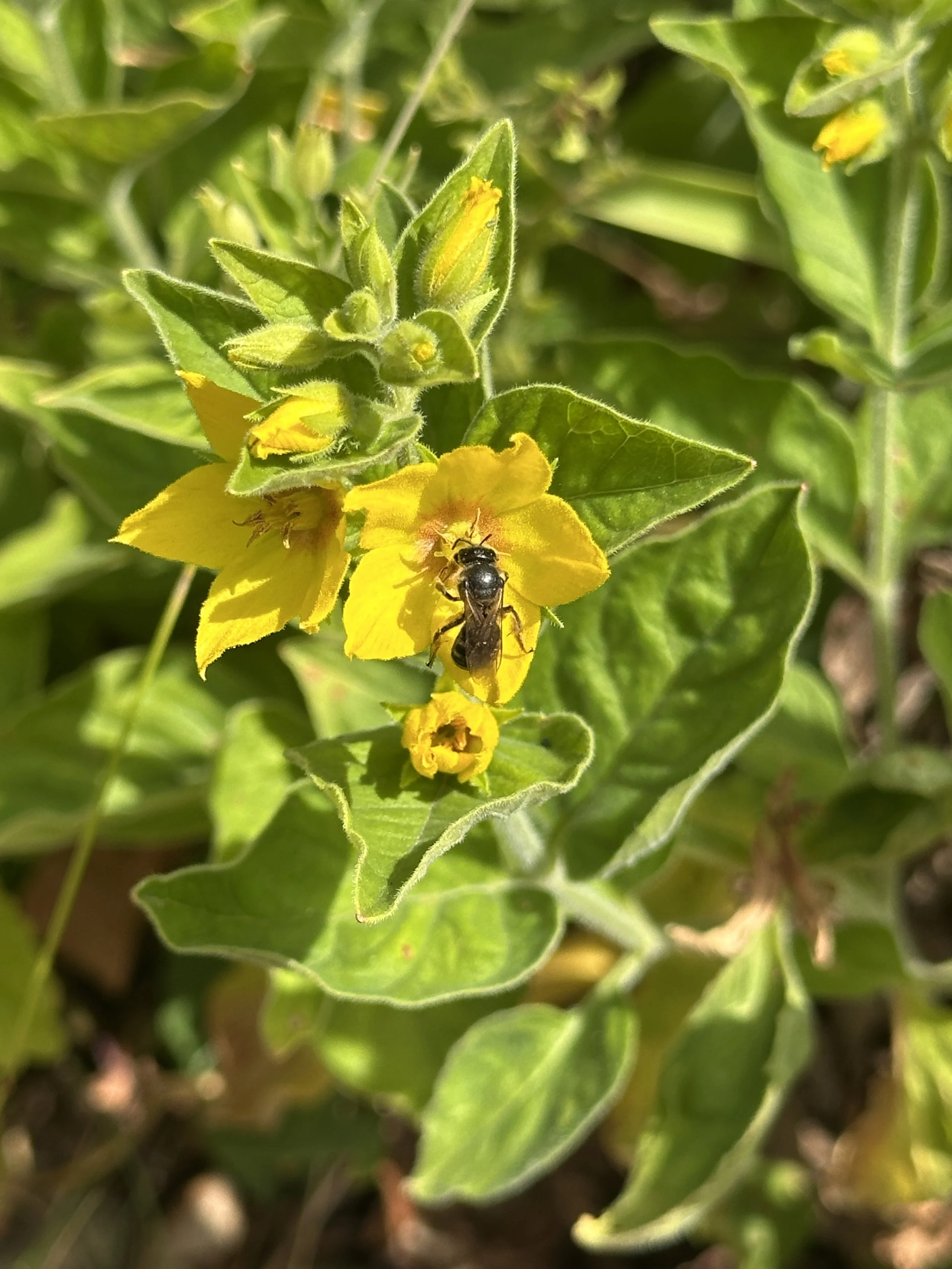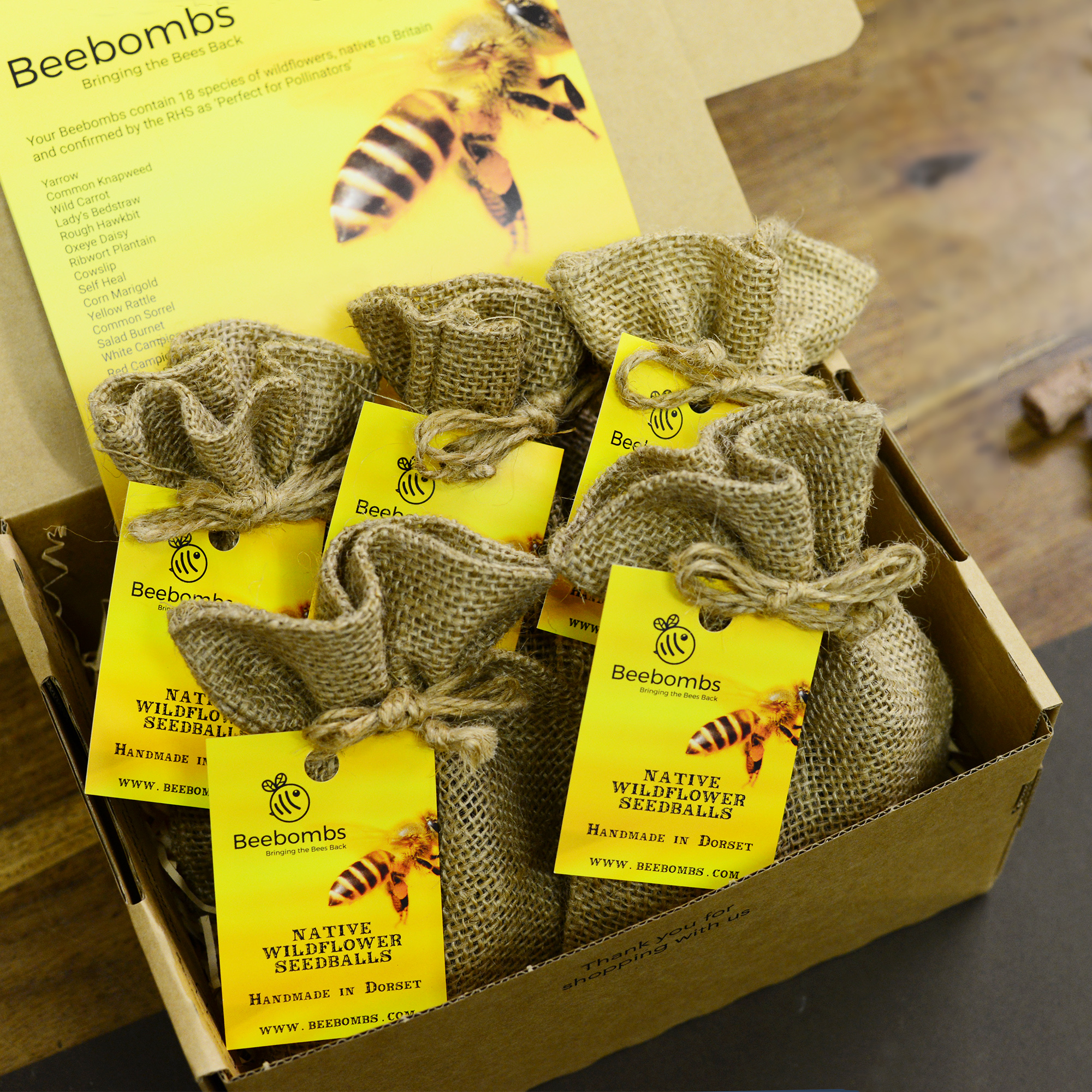The Impact of Climate Change on Bees in the UK: A Growing Challenge
Climate Change and Bees: What’s Happening?
Climate change is increasingly affecting our environment, and bees are among the most vulnerable species facing this challenge. Extreme weather events, such as prolonged rains, heatwaves, and irregular seasons, are disrupting the natural rhythms bees rely on for food and survival.
Bees are essential pollinators that play a crucial role in our ecosystems and food supply. With climate change accelerating, understanding its impact on bees and how we can support them is more critical than ever.
How Climate Change is Affecting Bees:
Disruption of Natural Cycles Bees depend on the predictable blooming cycles of flowers for food. However, with rising temperatures, these cycles are shifting. Flowers are blooming earlier or later than expected, leaving bees with a food shortage when they most need it. This mismatch between bees’ active periods and flower availability is known as "phenological mismatch."
Heavy Rain and Its Consequences In the UK, increasingly frequent heavy rains can:
Destroy ground-nesting bees’ habitats by flooding their nests.
Make it difficult for bees to forage, as they are unable to fly during downpours.
Dilute nectar in flowers, lowering its nutritional value and making it harder for bees to meet their energy needs.
Heat Stress and Resource Shortages Heatwaves are becoming more common and can put significant strain on bee populations. During extreme heat, bees must expend additional energy to cool their hives, leaving them with less time and energy to forage. Additionally, the heat can dry up water sources, making it harder for bees to find hydration.
Creating Wild Spaces: A Simple Solution
In the face of these climate challenges, one of the most effective ways to help bees is by creating wild spaces filled with native plants. These spaces can provide essential food and shelter for bees, helping them adapt to changing conditions.
Why Native Flowers Are Important:
Native plants are well-suited to local climates and provide bees with reliable, nutrient-rich sources of nectar and pollen. They are also more resilient to extreme weather, offering consistent food even when other flowers may struggle.
How to Create a Bee-Friendly Wild Space:
Choose Native Flowers: Select a variety of plants that bloom at different times of the year to ensure a continuous food supply. Some recommended flowers for UK gardens include:
Cornflower (Centaurea cyanus)
Poppy (Papaver rhoeas)
Oxeye Daisy (Leucanthemum vulgare)
Meadow Clary (Salvia pratensis)
Red Clover (Trifolium pratense)
Let Your Lawn Grow: Allowing certain areas of your garden to grow wild encourages a diverse range of plants and insects to thrive.
Avoid Pesticides: Pesticides and herbicides can be harmful to bees, so opt for natural methods of pest control whenever possible.
The Importance of Floral Diversity
Having a variety of flowers ensures that bees have a steady source of food, even during adverse weather. Late-blooming species like ivy and heather are especially valuable, as they provide nectar and pollen when other flowers are no longer available.
Conclusion
Climate change is posing significant challenges for bees in the UK, but we can help. By creating wild spaces with native flowers, we provide these crucial pollinators with the resources they need to survive in a changing world. Small actions in our own gardens can make a big difference in preserving biodiversity and supporting bees for generations to come.
Call to Action:
Get involved! Start by planting native wildflowers in your garden or local community, and help create bee-friendly habitats that support biodiversity. Together, we can make a meaningful impact on the future of our environment.







